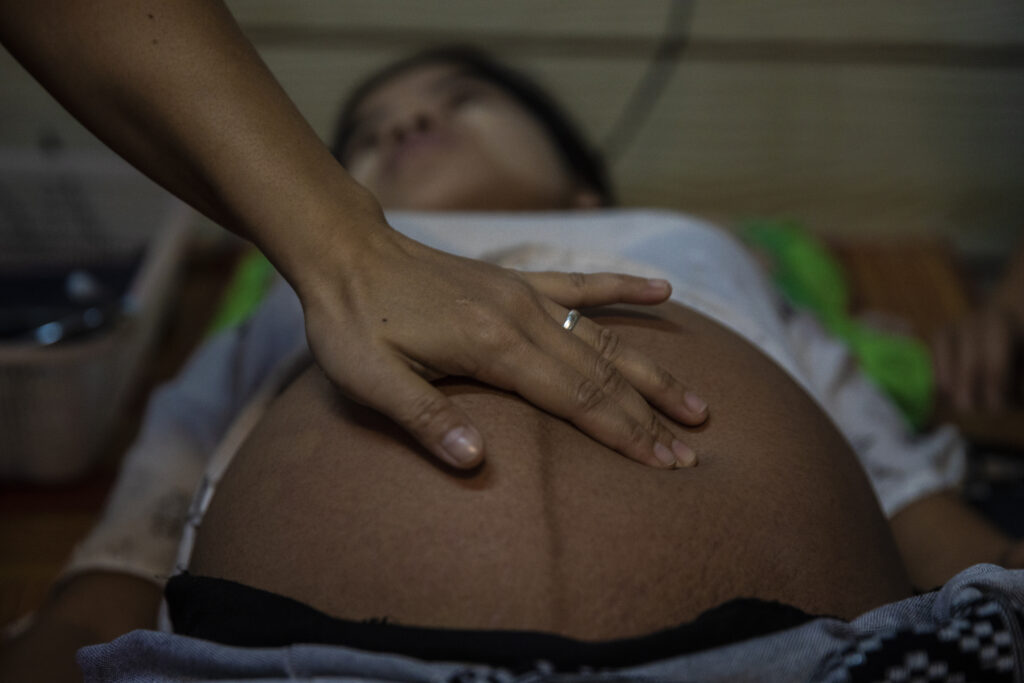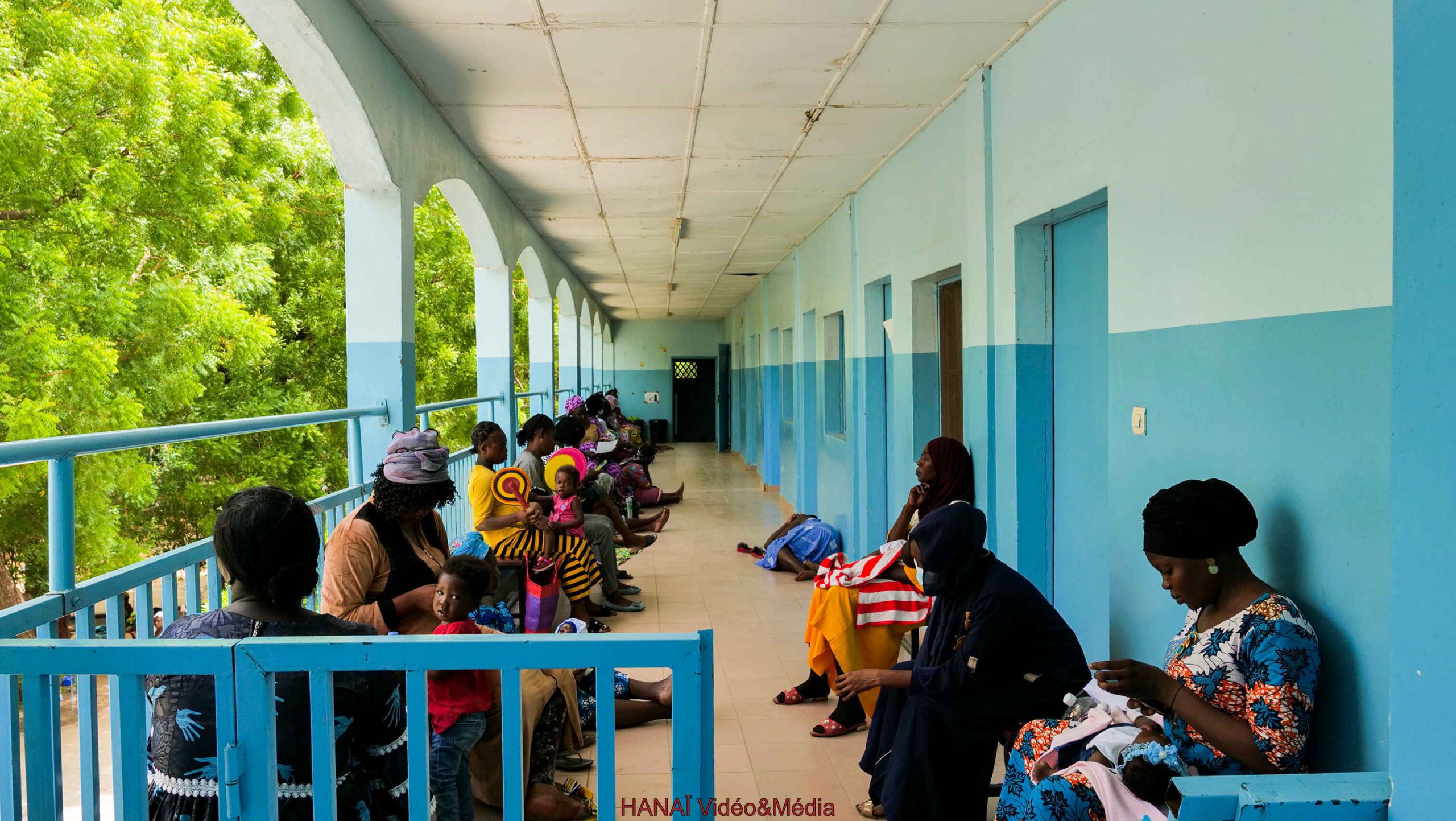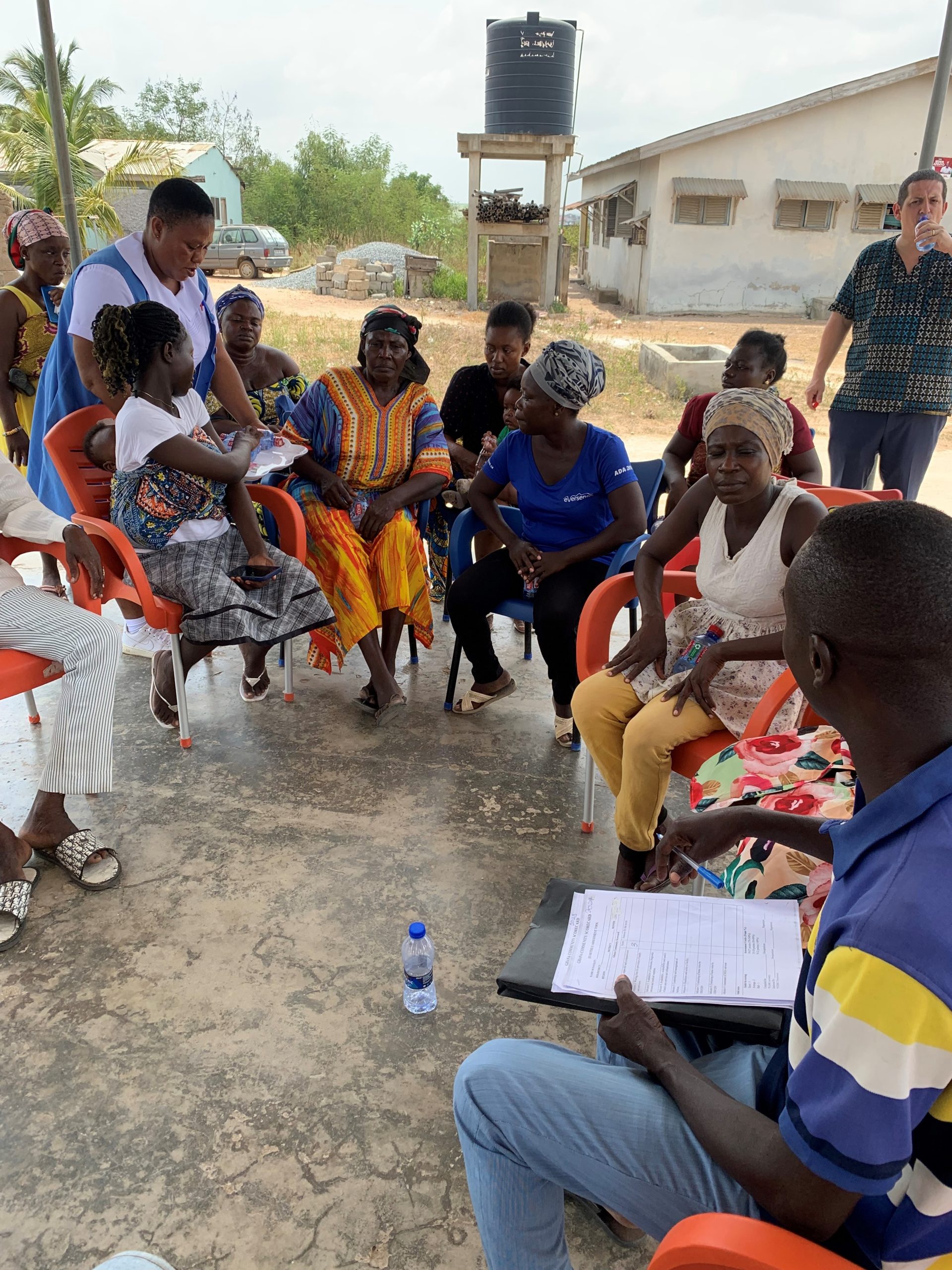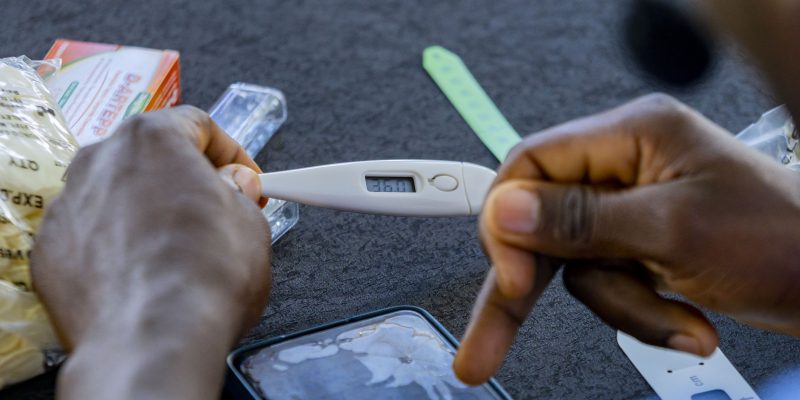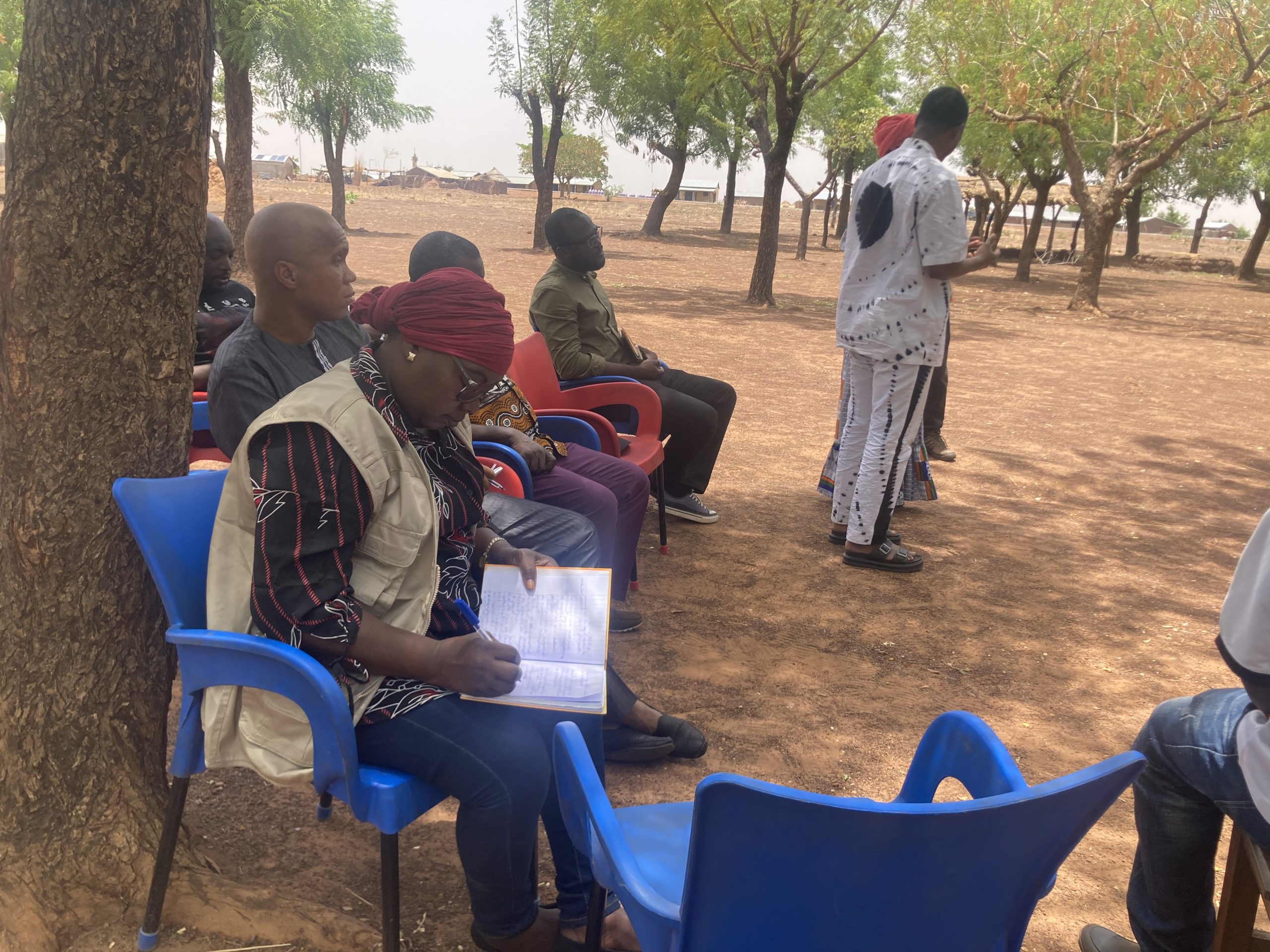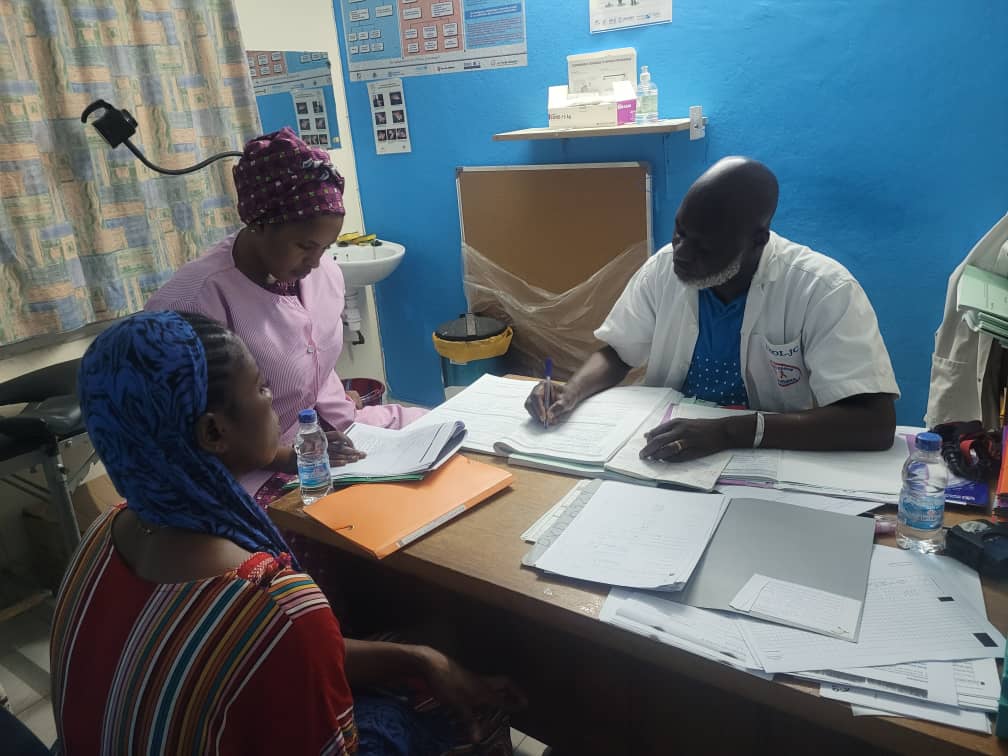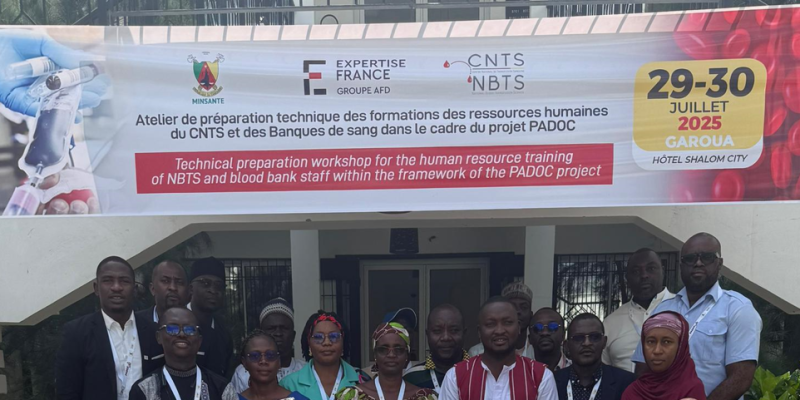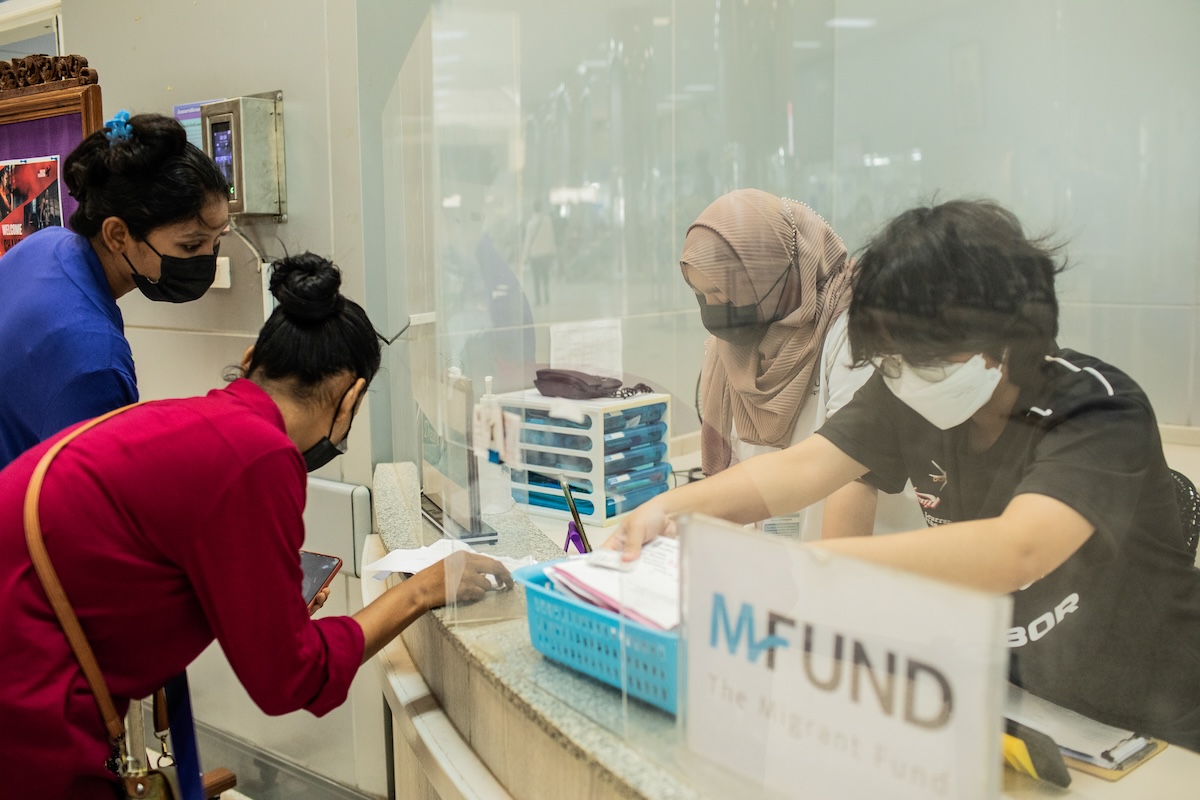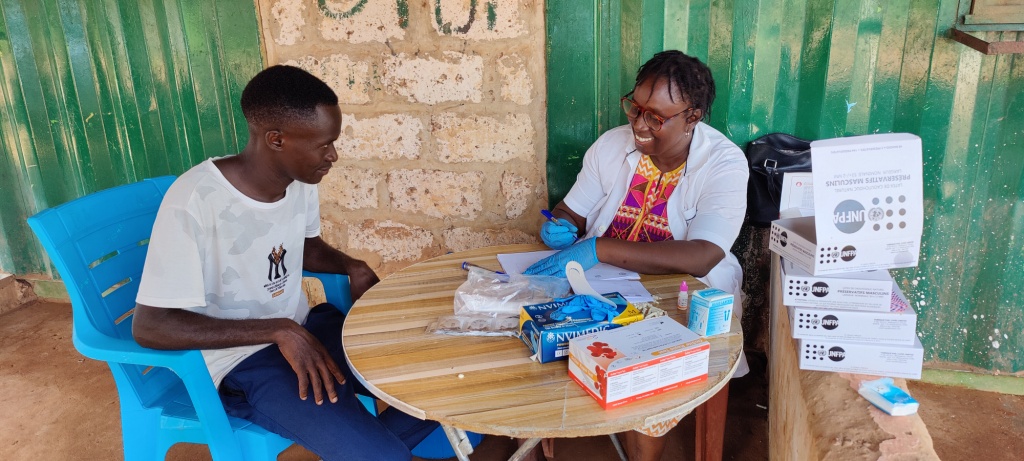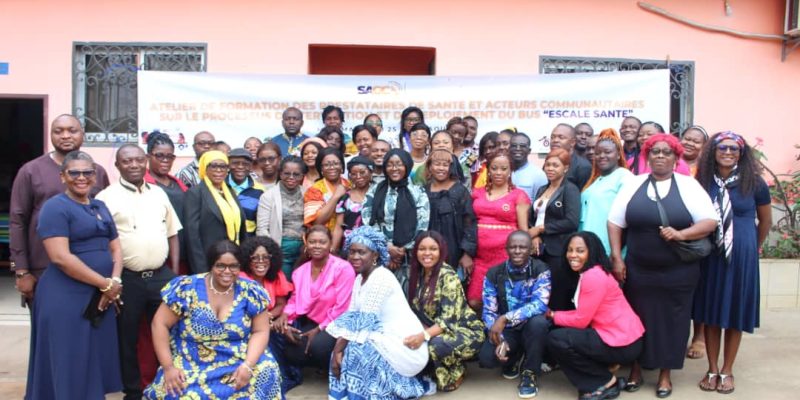This project aims to address the needs of undocumented migrant populations in Tak Province in Thailand by delivering integrated sexual and reproductive health services as well as HIV, TB, and Malaria services to the most marginalized.
Context
Tak Province is the largest and busiest crossing point in Thailand for migrant populations from Myanmar. Women, often accompanied by their children, cross the border escaping conflict and poverty, seeking refuge and employment. For these undocumented migrants with limited knowledge of the Thai language, travelling for medical care is risky because of possible arrests, and because it’s often emergency situations that earlier care could have prevented. Added to this is the fact that care is expensive, given their meagre salaries. This situation leads to high maternal and neonatal mortality, and to numerous home births, leaving children stateless and undocumented.
Description
This project complements the Global Fund interventions on TB, HIV, and malaria, and targets the most marginalized among migrants. It improves the quality and accessibility of medical services for vulnerable women in the community, and specific care to victims of gender-based violence. It also edits vital data to provincial public health officials. The project contains three main objectives.
- Support networking and coordination of sexual and reproductive health stakeholders in Tak Province.
- Strengthen the capacity of rural community health workers and scale up outreach in sexual and reproductive health activities.
- Establish a surveillance system for sexual and reproductive health activities, including sexual and reproductive health emergencies.
Impact
Thanks to the project, the rate of home births has steadily decreased from 1 in 3 to 1 in 10 today. More than 11,000 women have received pregnancy or family planning care at the project’s outreach clinics. To support this, over 100 community health workers have been trained in sexual and reproductive health, and 3,500 community members have been reached with essential messages about family planning. Vaccination rates increased under the Expanded Program on Immunization for Infants and identification of cases and referrals for HIV, tuberculosis treatment and Hepatitis B prevention have been facilitated.
